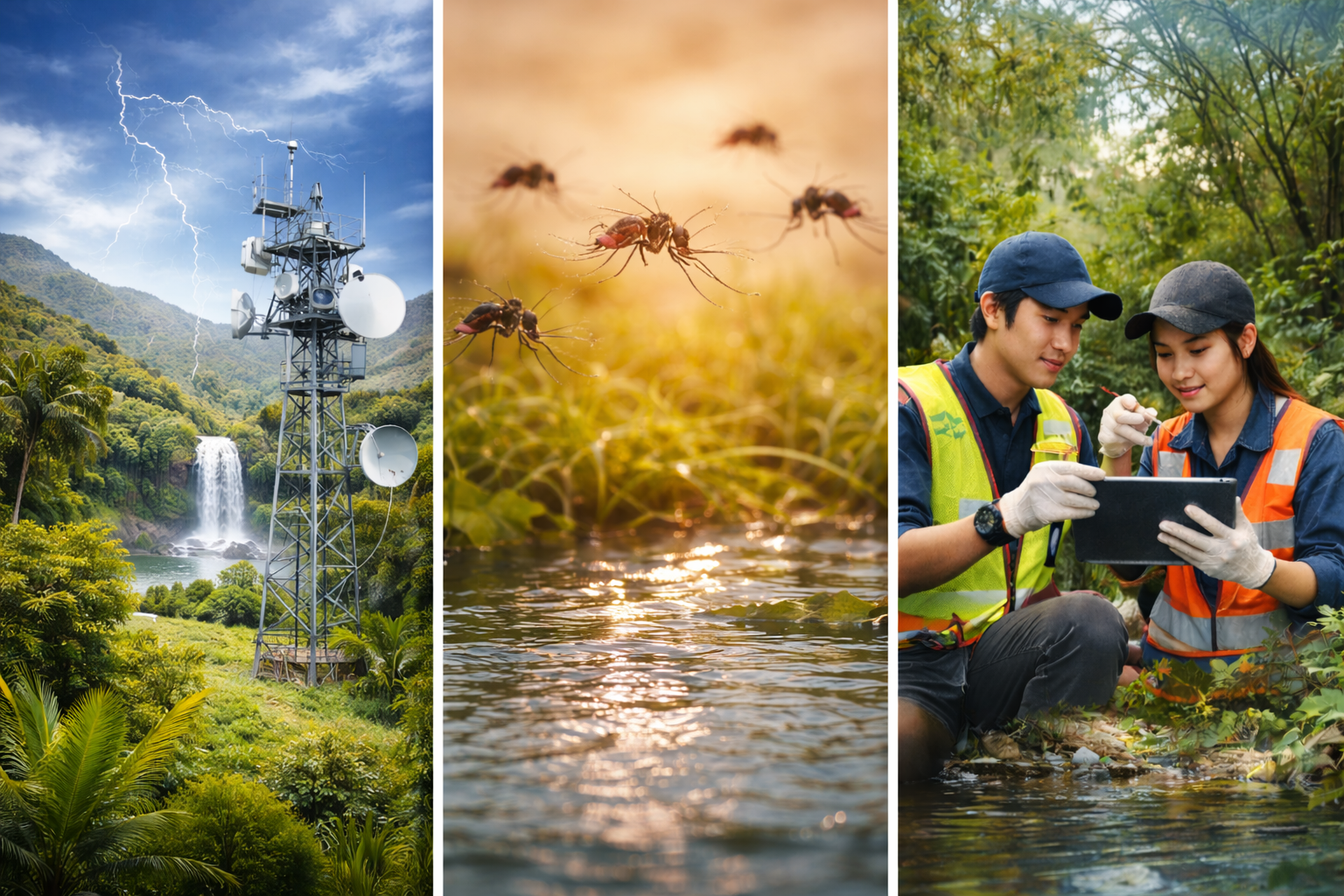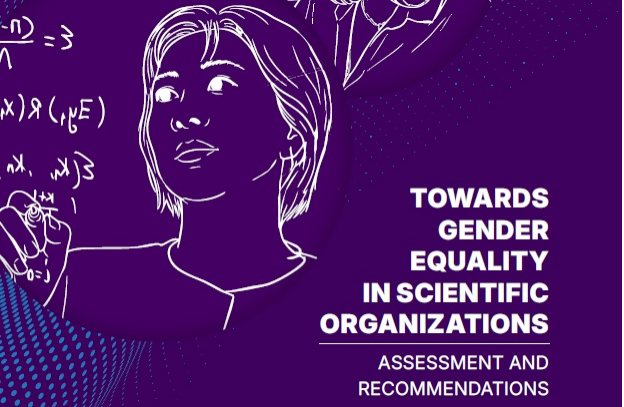The Post-2015 Development Agenda is a unique opportunity to set an ambitious, integrated and transformational global agenda for sustainable development that is supported by a strong scientific evidence base. Scientific communities worldwide are mobilising to support the definition, implementation and monitoring of this agenda from local to global levels. Governments and other stakeholders have started discussing the declaration for a shared vision towards 2030.

As part of the ongoing intergovernmental negotiations on the post-2015 development agenda, a meeting at the UN in New York on 23 April was held to discuss means of implementation and global partnership for sustainable development, which are key themes for the scientific community.
ICSU, as one of the organizing partners of the Scientific and Technological Community Major Group, was leading a small delegation of scientists at this meeting. As part of the input, ICSU, together with the International Social Science Council (ISSC) and Future Earth, presented a statement which calls for a stronger role for science and technology in implementing the Sustainable Development Goals and articulates responsibilities for the scientific community in the means of implementation and monitoring. The objective was to ensure that this role is clearly inscribed in the post-2015 development agenda, to be adopted by governments at a special summit at the UN in September.
The journal Nature published a commentary developed by several authors from the ICSU/ISSC Review of Targets for the Sustainable Development Goals: The Science Perspective. In the article, they proposed five priorities for how the scientific community should participate in the SDGs process.
The ISSC together with ICSU provide international coordination and representation of science as part of the Scientific and Technological Community Major Group, and along with a host of other key partners and collaborators have been putting forward the science perspective on the Sustainable Development Goals.
IRDR, as part of the Scientific and Technological Community Major Group, has been participating in series of events towards the development of the SDGs including the seventh session of the Open Working Group on Sustainable Development Goals in New York, USA last January 2014. In that meeting, Prof Mark Pelling, IRDR SC Member and co-chair of the IRDR RIA project represented ICSU and IRDR and made presentations on IRDR/ICSU Issue Brief and had interactive exchange of views on climate change and DRR.





